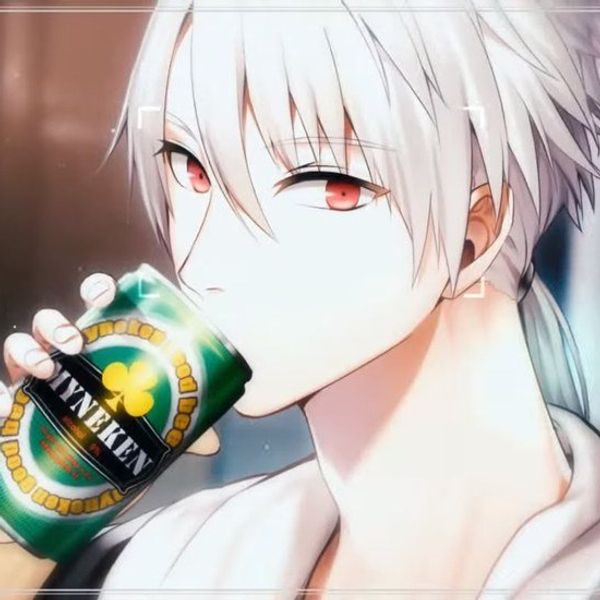Yes, you read that headline right. You may have heard about it on Facebook, but someone gave Pope Francis a copy of the game "Undertale." Let me back up. Pope Francis invited YouTube stars and other celebrities from all over the world to meet with him. The topic was the internet, and how it's able to bring together people from all walks of life. Everyone was told that it's customary to bring a gift representative of their culture. Matthew Patrick, otherwise known as MattPat, the host of GameTheory, brought something not of America, but of gaming: a digital Steam code for "Undertale."
I won't touch too much on why he did it, because he already made a wonderful video about it, but I want to talk about what this means for gaming and the world at large. First, some background information is needed. "Undertale" is an independent roleplaying game that was released late in 2015 for PCs. Instead of being like most video games, however, where fighting monsters is assumed, here you had a choice. You could try to understand every single enemy you went up against, and could finish the game without hurting a single creature; many people ended up doing this, too. People fell in love with the characters that were supposed to be their enemies, and this powerful statement about mercy and pacifism is why MattPat gave a copy to Pope Francis. This is mostly just symbolic, but there's so much room to grow from here. The news almost always portrays video games in a negative light, and even when they do bring members of the industry in to discuss topics, they get treated like garbage; the now-infamous Mass Effect Fox News segment "SeXbox" is a notable example. Video games like "Undertale" represent what the industry is doing to make thoughtful, inventive experiences, but those aren't the games that get massive media coverage.
You'll probably never see a game that doesn't retail for $60 or is called "Minecraft" mentioned by mainstream media. This story about the Pope, however, trended on Facebook. Tons of people who don't play video games saw this, and maybe, just maybe, some of them actually looked at what "Undertale" is. This has opened a door, and maybe now we'll see more small video games getting mainstream attention; maybe we'll see the positive actions of the community getting coverage. The mainstream media loves painting all gamers as violent, misogynistic racists, and, yes, we have those people, but so does every community. Hopefully, somebody, at least one person, will be inspired to look at video gaming in a new light. Maybe they'll see that it's a wide, diverse community, and even if they don't end up liking video games, they'll respect them.





















